Charles Eisenstein, Antisemite (and other stories)

I knew when I published my last article, Mob Morality and the Unvaxxed, and featured on Campfire’s Flame here that I would be poking a hornets’ nest. The topic is so contentious and so laden with emotion that nuance can get lost. I would like therefore to correct some misunderstandings of the article that I’ve seen coming from both sides of the vaccine debate.
First, I did not say that vaccination campaigns are “just like the Holocaust.” Both sides have attributed that to me. It would indeed be indecent to claim that anything happening today is its equivalent. What I said, and said quite clearly, is that the vaccine issue mobilizes some of the same archaic social forces that humanity saw in their most extreme expression during the Holocaust, the Rwandan genocide, the witch hunts, and so forth. I clarified this point explicitly when I wrote, “Does that mean that the unvaccinated will be rounded up in concentration camps and their leaders ritually murdered? No.”
It does not “insult the memory of the victims of the Holocaust,” as some have opined, to apply lessons from this historical horror to our current situation. The lesson of the Holocaust is not just about antisemitism, but about the perennial pattern of displacing social tensions onto a dehumanized subclass. To construe the Holocaust as a singular event beyond all other horrors and to make it just about Jews and antisemitism actually neuters its instructive potency.
If anything insults the memory of the victims of the Holocaust, it is to bandy about weaponized charges of antisemitism to accomplish other ends. To do so cheapens the label of antisemite by lumping real antisemites in with people who are not. This is the error that certain Zionists make when they equate criticism of Israel’s policies with antisemitism.
I do not invoke the Holocaust and the historical pogroms against Jews lightly. My ancestors on my father’s side are Russian and Polish Jews. The Russians barely escaped alive from the pogroms of the late Czarist era; my grandfather survived only because the family’s landlord hid him in a haystack from a mob of murderous villagers. As for the Poles, my relatives who didn’t escape to America perished in the Warsaw ghetto. Family stories of persecution and hunger made a strong impression on me growing up. It is, in part, my lineage that sensitizes me to present-day dehumanization of all kinds, whether based on race, ethnicity, sexual orientation, gender identity, physical capacity, or political, medical, or religious beliefs.
Any attack on the full humanity and dignity of any human being is actually a threat to every human being. That is why movements like Black Lives Matter bear an importance beyond their immediate subjects. By upholding dignity for those who have been denied it, they establish the principle of dignity for all.
Ironically, those who have denounced my article as antisemitic unwittingly contribute to the pattern of dehumanization that the article describes, and that underlies antisemitism and all forms of racism, misogyny, homophobia, and the rest. In our time, such labels when applied inappropriately become dehumanizing smears.
Vaccination is an issue that arouses intense passions that can short-circuit reason and provoke intemperate reactions. It is therefore understandable that some people, perhaps having not read the article carefully, would jump to the conclusion that I was equating the persecution of anti-vaxxers to the Holocaust. That equation (had I made it) would have been a false equivalence and a weak and irresponsible argument to boot. But antisemitic? Antisemitism: “[H]ostility to, prejudice, or discrimination against Jews… a form of racism” (Wikipedia).
Antisemitism, and racism generally, is (or should be) a weighty charge, given its role in some of the worst things human beings have ever done to each other. To level accusations of antisemitism, misogyny, racism, etc. lightly or for rhetorical purposes dishonors their victims. I hope that those who have denounced my article as antisemitic reconsider it in light of the above.
* * *
Now let me address a second misreading: I do not think that just because someone is vaccinated that they are inciting mob violence. People get vaccinated for all kinds of reasons. Some are true believers and believe it is an act of morality as well as prudence; in their eyes, the unvaccinated are both foolish and immoral. Others get vaccinated as a matter of course, not doubting its safety and effectiveness, but not holding it as an “issue” either. Many get vaccinated with varying degrees of reluctance, bowing to social and economic pressure. Most members of my family have been vaccinated, and they fall into all three of these categories.
To amplify this point further, the contempt that certain members of the anti-vax movement show toward the vaccinated exemplifies the same dehumanization that pro-vax partisans apply to them. Today I read an heartbreaking account of a woman whose teenage son got myocarditis from the Pfizer vaccine. Beyond the hardship of seeing her son suffer, she also had to endure vitriol from anti-vaxxers castigating her for vaccinating her son and from pro-vaxxers castigating her for sharing the story and giving ammunition to the other side.
This hoary tactic of information warfare – cast the other side as evil and suppress anything that humanizes them – is a symptom of a problem for humanity much greater than the one posed by Covid or by the vaccines, even if they prove as harmful as the more alarmist anti-vaxxers fear.
Today an information war is raging and people are accustomed to quick insults from anyone who disagrees with them. Underneath many political arguments is the insinuation that those on the other side are horrible people. In this context, I quite understand why people might think that my description of a Girardian social phenomenon accuses them of fault. When partisans paint every issue as a contest between good and evil, then disagreement implies accusation. This is itself a precursor to the Girardian scapegoating I have been describing.




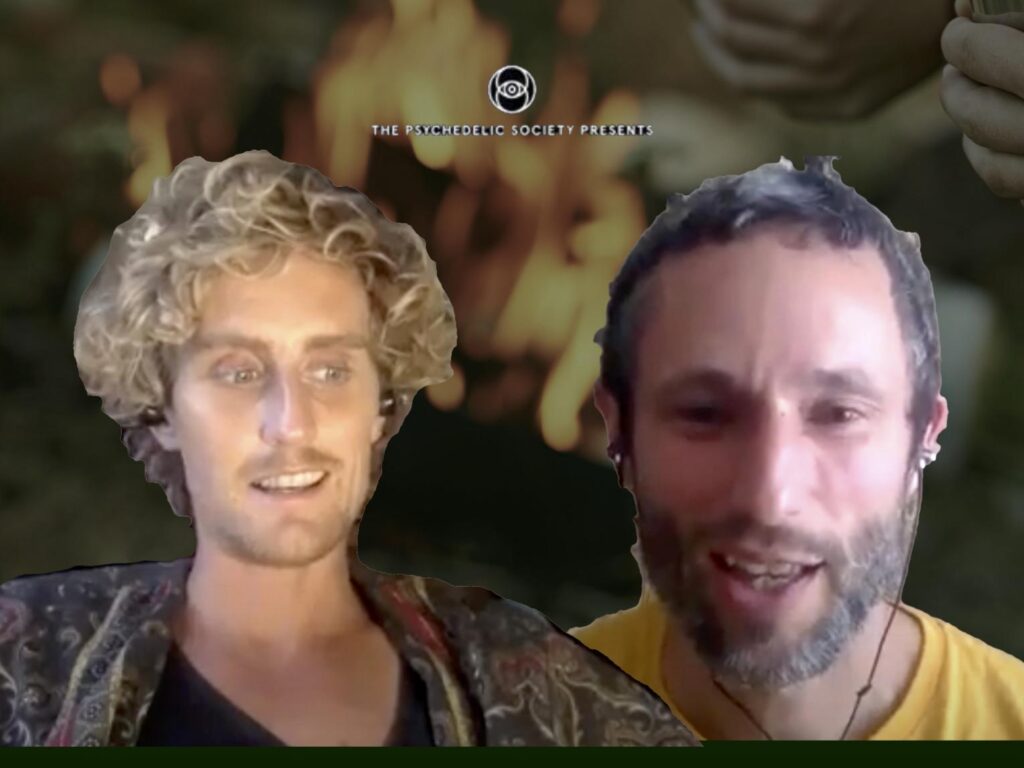
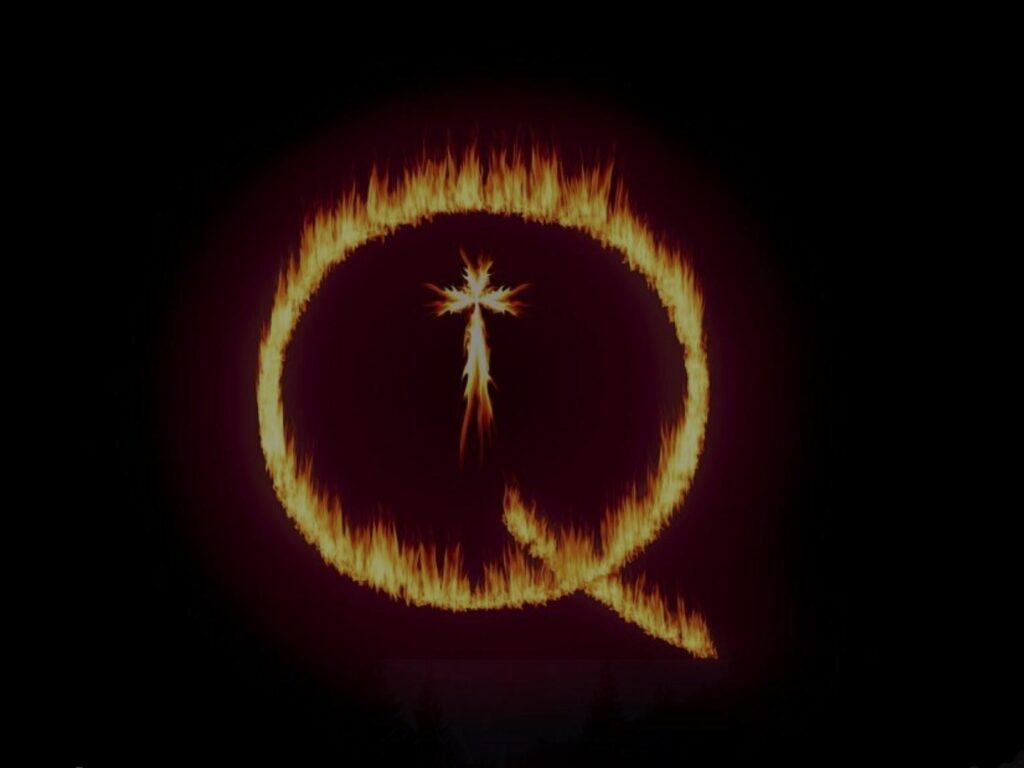


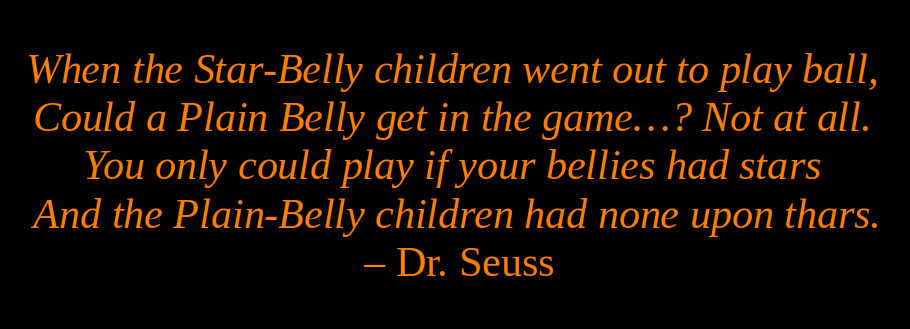
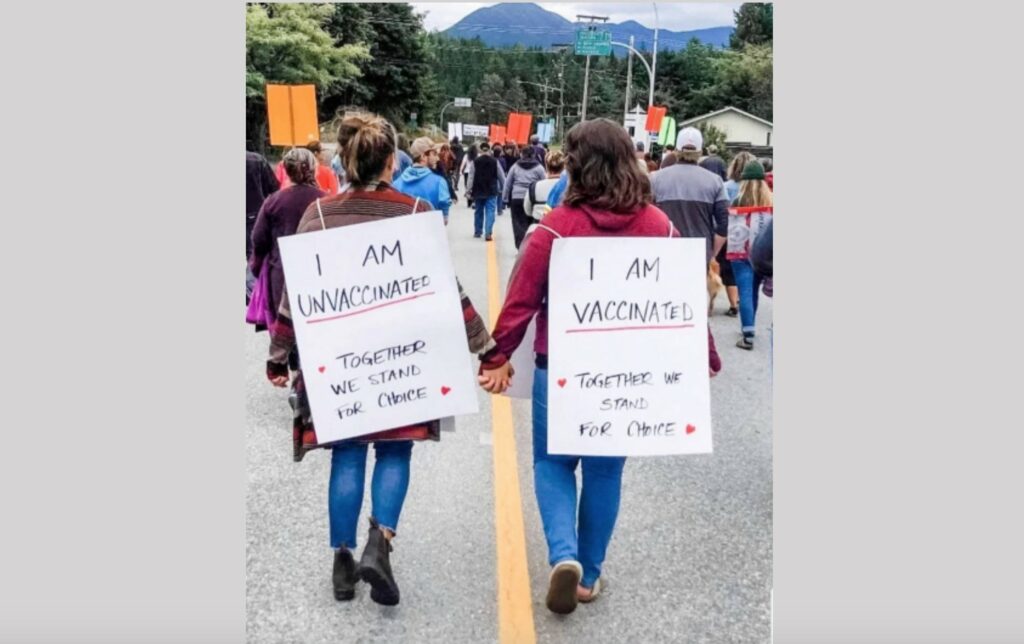


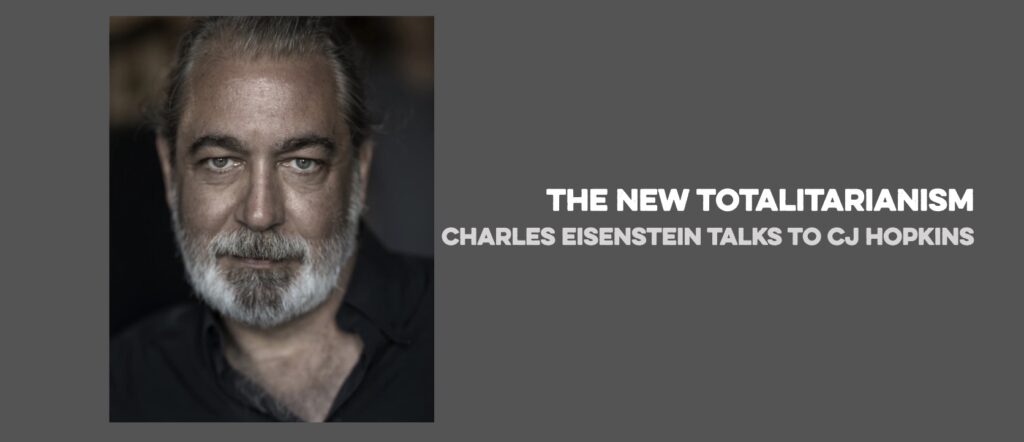



Responses